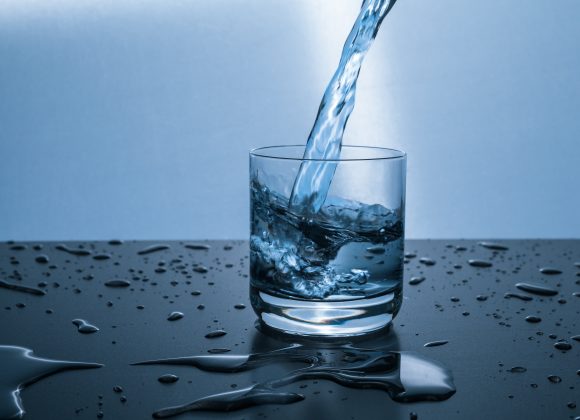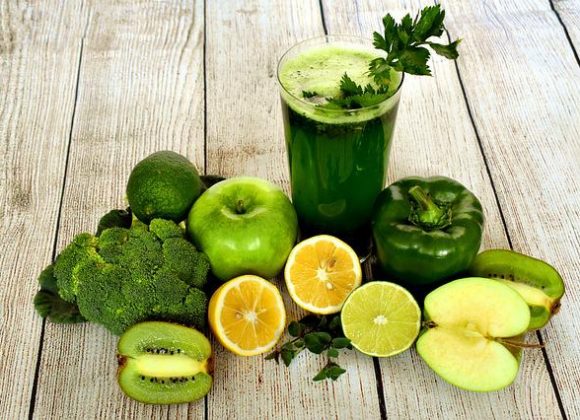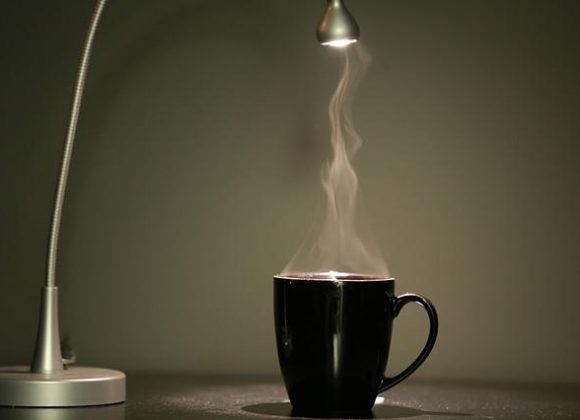Green tea is widely considered to be one of the healthiest beverages out there. You can find green tea-based drinks in pretty much every cafe and coffee shop nowadays. Numerous researchers have found evidence that it helps reduce the risk of cancer, diabetes, and heart diseases while also enhancing brain function.
Something that many people may not know about green tea is that it actually contains caffeine. Those who dislike or cannot consume caffeine may be worried about this fact. But is this really true? And if it is, just how much caffeine is in green tea?
Keep reading to find out the answers to these questions and more as we dive into the facts about green tea and caffeine.

What Is Caffeine?
When we see the word ‘caffeine’, the first image that usually comes to mind is an espresso or some other type of coffee. However, caffeine is much more than just the thing found in coffee.
Caffeine is actually a substance that forms naturally in beans, fruits, and leaves. When we consume caffeine, it negates the effects of adenosine (a substance in our body that causes fatigue). This means that caffeine can increase your focus, alertness, and reaction time.
Unfortunately, some people cannot ingest caffeine well. These people are labelled as caffeine-sensitive, and they often experience sleeping problems and irregular heartbeat when consuming it.
Too much caffeine can also affect the average person, with the mentioned symptoms and even worse ones likely to appear. This is called caffeine overdose and it can turn deadly.
Does Green Tea Contain Caffeine? How Much Caffeine?
Yes, green tea contains caffeine. Caffeine is found in over 60 plants worldwide, including the leaves of tea plants. On average, a cup of green tea (about 230 ml) can contain anywhere from 30 to 50 mg of caffeine. Factors affecting how much caffeine exactly is in your green tea include:
- Type of tea plant used
- Processing method
- Growth conditions
- Brewing technique
Some examples of how caffeine can differentiate in green tea:
- Older tea leaves have less caffeine than young ones
- Tea made from tea bags has more caffeine than those made from loose leaves
- The hotter the water used to brew, the more caffeine will be in your tea
- The longer the brewing time, the more caffeine will seep into your tea
However, those who are caffeine-sensitive may find green tea to be a much better option compared to other caffeine beverages since it has lower caffeine content. Here is a comparison of the amount of caffeine in 230 ml of different drinks:
- Green tea: 30–50 mg
- Soft drinks: 23–37 mg
- Energy drinks: 72–80 mg
- Black tea: 25–110 mg
- Yerba mate: 65–130 mg
- Instant coffee: 27–173 mg
- Plain, brewed coffee: 102–200 mg
- Espresso: 240–720 mg
Should I Be Concerned About Caffeine In Green Tea?
The short answer is no! As we mentioned before, green tea has less caffeine than most caffeinated drinks. It also has less caffeine than most teas (except herbal and white tea). As long as you stay within the recommended 400 mg of caffeine per day, you should be fine.
However, some people do have lower caffeine thresholds such as children and pregnant women. Just make sure you are aware of your body’s capability to ingest caffeine and stay within those limits.




